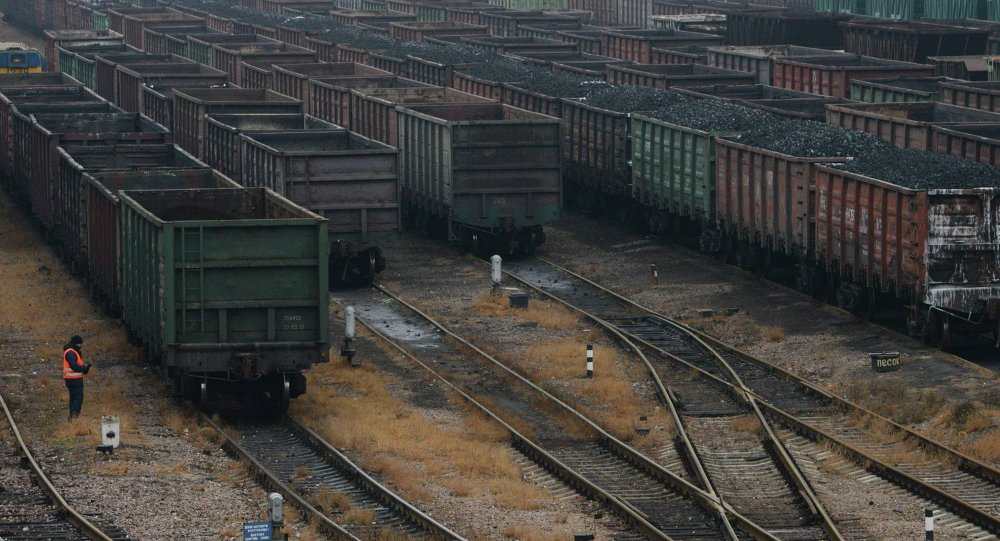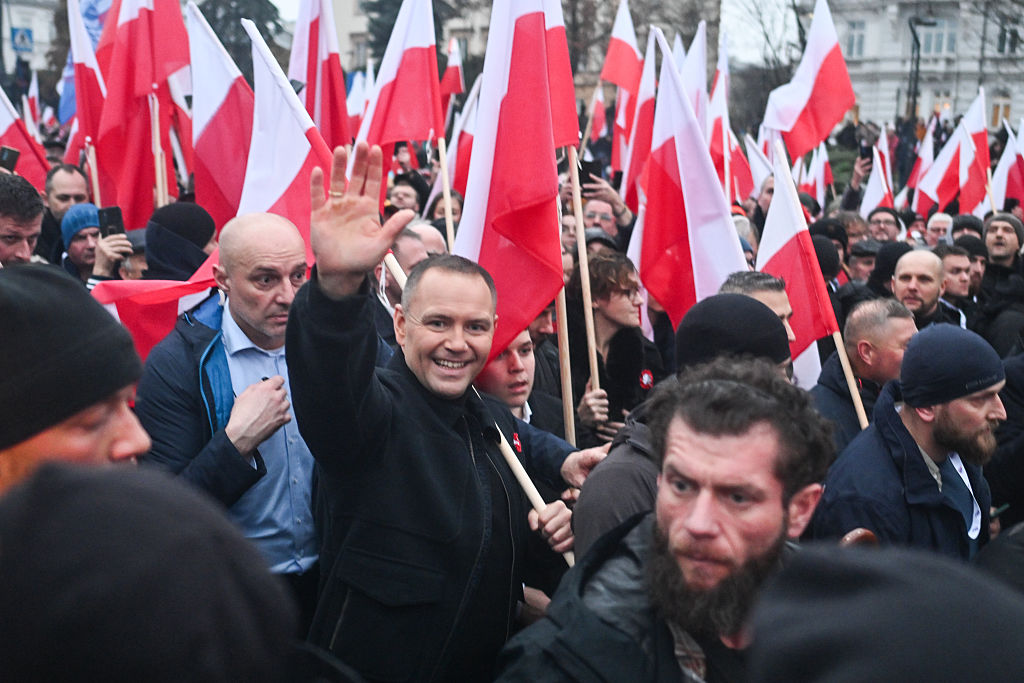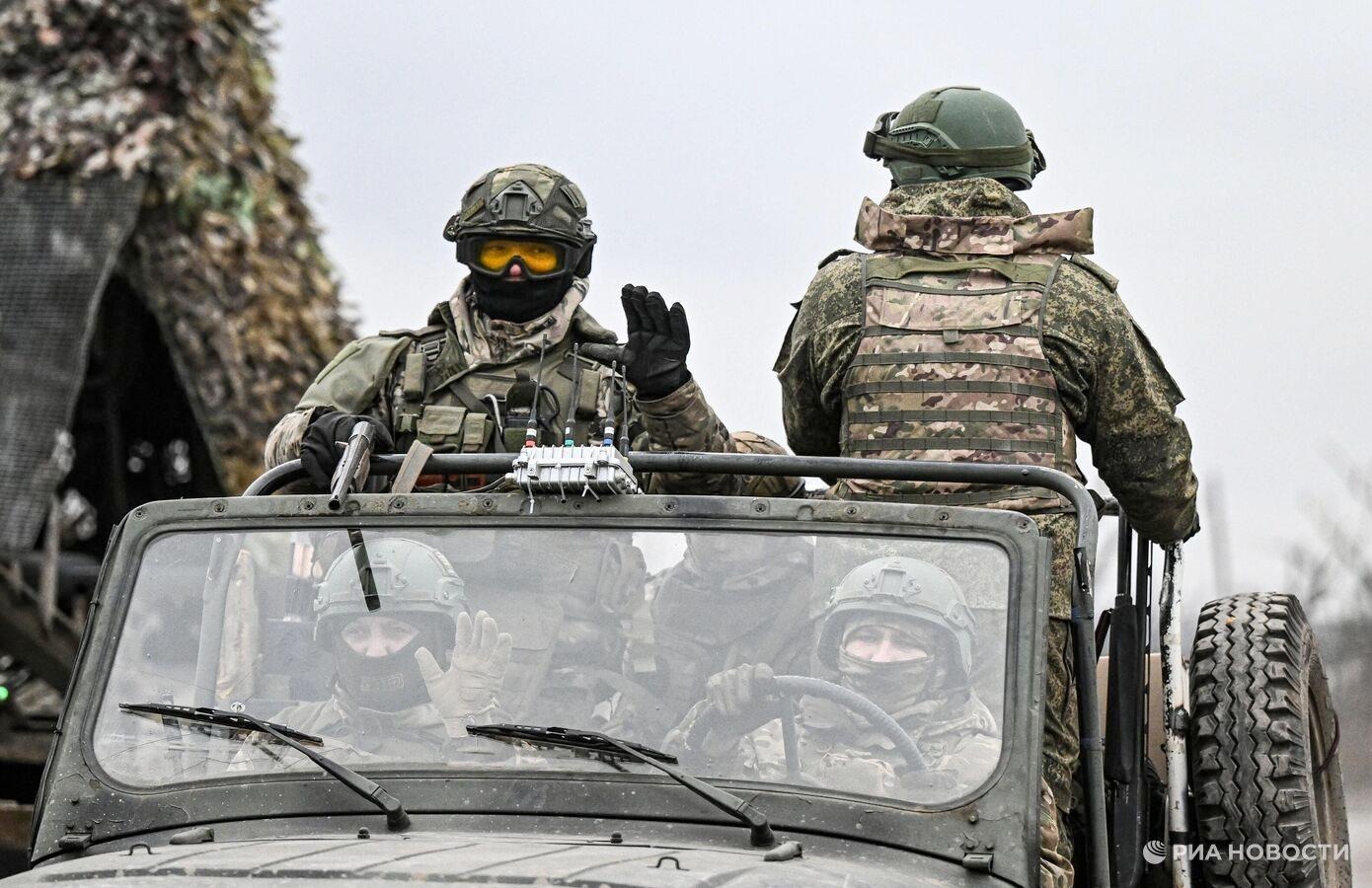
Kyiv Stops Trade With Occupied Donbas, Slaps Sanctions on Russian Bank Subsidiaries
Kyiv Stops Trade With Occupied Donbas, Slaps Sanctions on Russian Bank Subsidiaries
President Petro Poroshenko has banned cargo traffic between the areas held by Moscow-backed militants in the Donbas area and slapped sanctions on the Ukrainian subsidiaries of Russian state-owned banks. This appears logical, given the continuing Russian occupation of Crimea and assistance to the rebels. However, Poroshenko acted only reluctantly, three years after the start of the war, finally acceding to pressure from populist and far-right groups. As such, it may signal his growing weakness two years ahead of the next election campaign. Moreover, the traffic ban and the sanctions will be damaging to the domestic economy, which resumed growing last year after a deep recession in 2014–2015.
Groups of self-identified veterans backed by controversial Ukrainian people’s deputies began blocking railways in Donbas in January. The government was afraid of the economic consequences of this blockade, but police did not interfere, apparently fearing a nationalist backlash across the country (see EDM, February 28). The Russia-backed authorities in occupied Luhansk and Donetsk regions responded by “nationalizing” the firms that, although located in the areas they control, continued to pay taxes to Kyiv—notably the steel mills and coal mines of Ukraine’s richest businessman, Rinat Akhmetov. Poroshenko used the “nationalization” as a pretext to officially ban trade with the “rebel”-held areas, thereby breaking one of the last links between occupied Donbas and the rest of Ukraine.
Explaining his decision at a meeting of the National Security and Defense Council, on March 15, Poroshenko said the ban would be in place until the enterprises seized by the “rebels” are returned to their Ukrainian owners. At the same time, Poroshenko blamed the populist parties Fatherland and Self-Help for the blockade and even claimed that they were in cahoots with the “rebels”; thereby, the president implicitly admitted political defeat on the blockade issue (President.gov.ua, March 15).
The ban prompted Ukraine’s main creditor, the International Monetary Fund (IMF), to again delay the $1 billion fourth tranche of its Extended Fund Facility loan, which Kyiv has been expecting since December. The IMF board was scheduled to approve the tranche on March 20, but the Ukrainian Ministry of Finance announced, on March 19, that the board meeting would be rescheduled because of the need to revise Ukraine’s economic forecasts due to the cargo traffic ban (Minfin.gov.ua, March 19). The central bank promptly revised its GDP growth forecast for this year downward to 1.9 percent, from the 2.8 percent expected before the blockade (Bank.gov.ua, March 21).
The IMF board has not yet made a decision, probably due to another serious economic action by Kyiv. Following the Kremlin’s order for Russian banks to recognize the identity papers issued by the Donbas authorities, Ukraine’s powerful Interior Minister Arsen Avakov called on the country’s central bank to adopt sanctions against the Ukrainian subsidiary of Russia’s state-controlled bank Sberbank (Facebook.com, March 7). The local subsidiaries of various Russian banks operating in Ukraine have openly stated they did not intend to accept the IDs given out by the unrecognized authorities in Donetsk and Luhansk. And yet, members of the Ukrainian far-right party National Corps—whose leader, people’s deputy Andry Biletsky, is reportedly linked to Avakov (liga.net, September 16)—began to vandalize Sberbank’s outlets across Ukraine. In Kyiv, they bricked up the entrance to the bank’s head office (UNIAN, March 13). Avakov’s subordinates from the police stood by, as they have in previous such incidents, and watched as this took place. Ultimately, Poroshenko yielded to this political pressure. On March 16, he slapped sanctions on all the local subsidiaries of Russian state-controlled banks—Sberbank, Prominvestbank (VEB subsidiary), VTB and BM Bank (both owned by VTB), as well as VS Bank (Sberbank). These financial entities are no longer legally allowed to transfer funds to their mother banks, and Ukrainian state-owned entities are forbidden from dealing with them (President.gov.ua, March 16).
While almost half of locally owned Ukrainian banks sank amid recession and the national currency collapse in 2014–2016, Russian banks injected enough funds into their local subsidiaries to keep all of them afloat. As a result, Russian banks became the main investors in the Ukrainian economy last year (Ukrstat.gov.ua, accessed on March 28), thereby contributing to the central bank’s efforts to stabilize the national currency.
More radical voices in the country, nevertheless insisted that locally operating Russian bank subsidiaries should be banished from Ukraine ever since 2014. But the central bank argued that they abided by its rules, gave jobs to Ukrainians, and were relatively stable. Now, the top state bank has obeyed Poroshenko and agreed to the sanctions, which may raise questions among international creditors such as the IMF about the Ukrainian central bank’s independence. The new sanctions are likely to cause more economic damage to Ukraine itself than to the Russian banks. They have been looking for buyers anyway, cutting their share in the local market to 8 percent from the pre-war 45 percent (Interfax, February 7; Radiosvoboda.org, March 9); the sanctions will likely only speed up their exit. Incidentally, Sberbank announced already, on March 27, that it was selling its Ukrainian subsidiary. The buyers, although linked to Russia, are private entities from Latvia and Belarus, so the new sanctions should not apply once the deal is closed (Interfax, March 28).
Meanwhile, Moscow continues to destabilize Ukraine politically. While it keeps supporting the Donbas militants, torpedoing the peace process, and integrating the annexed Crimean peninsula into Russia, a former Russian people’s deputy who fled to Ukraine last year and testified about the Russian invasion, Denis Voronenkov, was shot dead in downtown Kyiv on March 23. Another Russian defector and former people’s deputy, Ilya Ponomarev, said Russian Federal Security Services (FSB) General Oleg Feoktistov was responsible for the murder (Pravda.com.ua, March 23). Under the circumstances, an unpopular and weak Poroshenko is arguably left with no options but to jump on the bandwagon with the nationalists and act tough.


